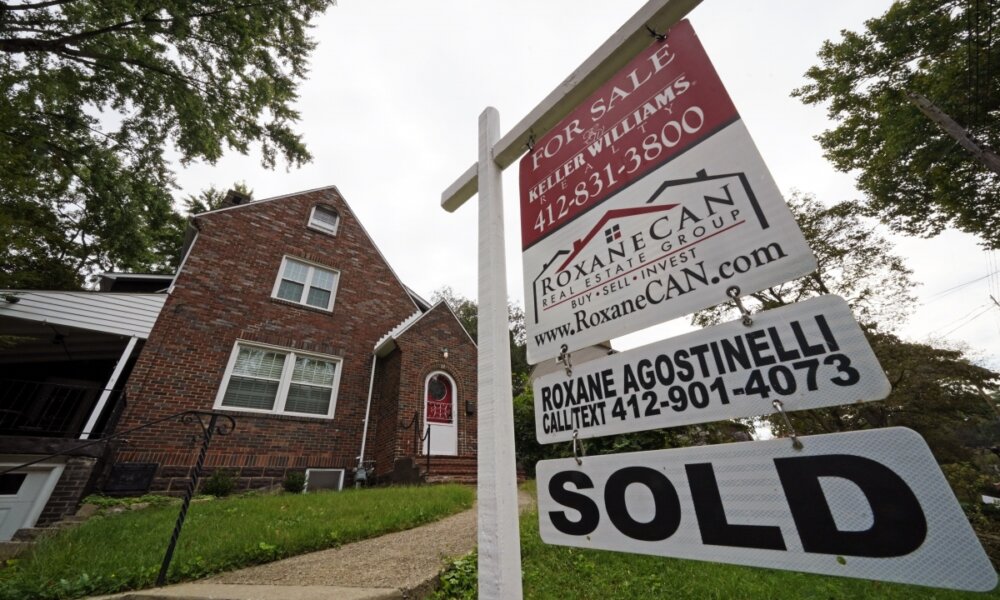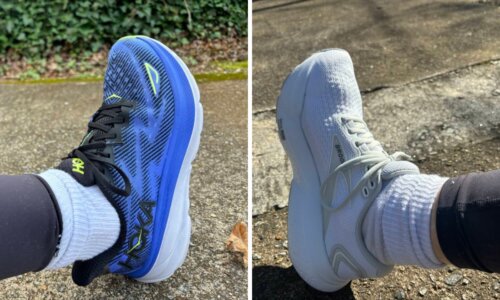Buying property instead of renting it has often been considered the financially smarter choice for housing.
The argument has long stood on the fact that you’re making an investment when you purchase real estate, with some form of money bound to come back to you if you sell. On the other hand, renting is seen as a no-return purchase; all that money you spent to live there won’t be seen again once you decide to pick up and leave.
In reality, however, the argument isn’t so black and white. There are many factors to consider when determining which choice is better for you and your finances like insurance, location, lifestyle and — of course — the state of the economy and the housing market.
That last note is what’s pushing many people to continue renting after the cost of homes skyrocketed in 2021 and supply saw a steep decline. And according to a recent report from CBRE, don’t expect that to change anytime soon.
The real estate firm released an analysis Thursday that states it’ll take some time for the gap between renting and home buying to start closing, meaning renting will likely be the less expensive choice of the two no matter your situation due to the current state of the market.
“Even though the premium to buy a home may come down over the next several years based on home-price, interest-rate and rent-growth forecasts, it is expected to remain high enough to keep today’s renters renting for longer,” CBRE said in its report.
The report states average mortgage payments are currently 38% higher than average apartment rents as of the end of last year, which has led more U.S. households to continue living in rentals instead of looking to buy. And despite the currently fluctuating market, CBRE’s data shows it’ll be at least five years until the two expenses become as closely aligned as they were before the steep increase in 2021.
That year, the company’s data shows the average monthly multifamily rent and average new home mortgage payment were both around $2,000. By the next year, average mortgages reached around $3,200, whereas average rents rose to around $2,200, their data shows.
The highest divide came after 2022, when CBRE reports the average mortgage payment was nearly $3,400 and rent was still circling $2,200.
The company’s data shows since then, mortgage rates have gone down as rent prices have gone up. But now the former has somewhat plateaued, and CBRE predicts that will continue. By the end of 2024 Q4, it predicts the average mortgage payments will be around $2,700 and stay around there until at least 2028. Meanwhile, it predicts the average multifamily rents will grow by 2.8% annually over the next five years, with rents starting around $2,200 and hitting $2,500 by 2028.
This relationship, CBRE says, stems from the price of each impacting the demand for each. The real estate firm says it’ll take a combination of falling home prices and decreased mortgage rates to bring the cost of owning a home closer to the cost of renting, but that the shift will also depend on existing homeowners and their likelihood to stay in the homes for which they received low mortgage rates.
“When the relative cost of buying increases, as we’ve seen in recent years, the demand for rentals increases,” the report states. “With long-term mortgage rates expected to remain above their pre-pandemic levels, homeowners may find that the low financing they secured years ago will keep them in their current homes for longer. This in turn will continue to suppress for-sale activity, which will further boost home prices.”
And as location affects your likelihood to buy vs. rent, that also affects the pricing disparity, CBRE says. Its data shows markets like Dallas, Chicago and Raleigh will likely see the gap return to pre-2021 levels within five years. Other large markets like Los Angeles, Austin, Seattle, Nashville and the San Francisco Bay Area will take longer, the firm states.
By Alex Arger, Scripps News.








